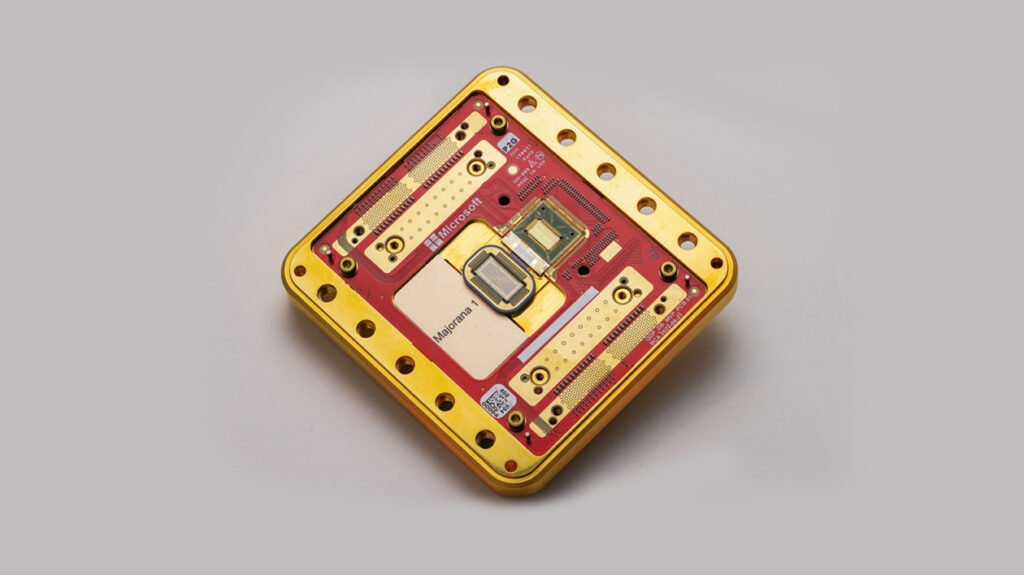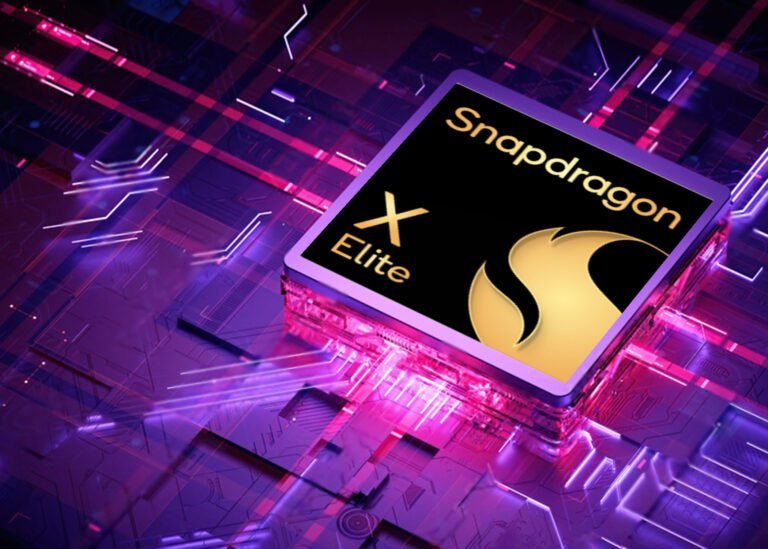The Quantum Leap: Microsoft's Majorana Chip

Imagine a world where computers can solve problems in seconds that would take today’s supercomputers millions of years. A world where drug discovery, climate modeling, and artificial intelligence leap forward at an unprecedented pace. This isn’t science fiction—it’s the promise of quantum computing. And at the heart of this revolution lies Microsoft’s groundbreaking Majorana quantum chip, a technology that might just change the way we think about computing forever.
For decades, quantum computing has been the holy grail of technology, promising to unlock computational power beyond our wildest dreams. But it’s also been plagued by challenges—fragile qubits, error rates, and scalability issues. Enter Majorana fermions, exotic particles that could hold the key to solving these problems. Microsoft’s Majorana quantum chip is not just another step forward; it’s a giant leap that could redefine the future of computing.
What Are Majorana Fermions? The Science Behind the Breakthrough
To understand why Microsoft’s Majorana quantum chip is such a big deal, we need to dive into the science of Majorana fermions. Named after the Italian physicist Ettore Majorana, who first predicted their existence in 1937, these particles are unlike anything we’ve encountered in classical physics.
Majorana fermions are quasiparticles – exotic entities that emerge from the collective behavior of electrons in certain materials. What makes them special is their unique property: they are their own antiparticles. This means they can exist in a state that’s incredibly stable and resistant to external disturbances, a feature that’s crucial for quantum computing.
In quantum computing, information is stored in qubits, the quantum equivalent of classical bits. But qubits are notoriously fragile, easily disrupted by even the slightest interference. Majorana fermions, however, are naturally robust, making them ideal candidates for building stable and error-resistant qubits. This is the scientific breakthrough that Microsoft has harnessed in its quantum chip.
Microsoft’s Quantum Chip: A Game-Changer
Microsoft’s Majorana quantum chip is the culmination of years of research and collaboration between physicists, engineers, and computer scientists. At its core, the chip leverages the unique properties of Majorana fermions to create topological qubits—qubits that are inherently protected from errors.
Traditional qubits rely on superconducting circuits or trapped ions, which are highly sensitive to noise and require extremely low temperatures to function. Topological qubits, on the other hand, are built on the principles of topology, a branch of mathematics that studies properties preserved under continuous deformations. This makes them far more stable and scalable.
The Majorana chip represents a significant departure from existing quantum computing approaches. By harnessing the power of topological qubits, Microsoft has created a system that’s not only more reliable but also easier to scale. This could be the key to building practical, large-scale quantum computers.
How Majorana Fermions Solve Quantum Computing’s Biggest Challenges
Quantum computing has always faced two major hurdles: error rates and scalability. Qubits are prone to errors due to decoherence – a phenomenon where qubits lose their quantum state because of interactions with their environment. This makes error correction a critical challenge in quantum computing.
Majorana fermions offer a solution to this problem. Because they are their own antiparticles, they can exist in a state that’s naturally resistant to decoherence. This means that topological qubits built using Majorana fermions are far less likely to experience errors, reducing the need for complex error-correction techniques.
Scalability is another issue. Building a quantum computer with thousands or millions of qubits is a daunting task, especially when each qubit requires precise control and isolation. Topological qubits, however, are more compact and can be densely packed, making it easier to scale up quantum systems. Microsoft’s Majorana chip is a testament to this potential, offering a glimpse of what large-scale quantum computing could look like.
Real-World Applications: What Majorana Means for Industries
The implications of Microsoft’s Majorana quantum chip extend far beyond the realm of theoretical physics. This technology has the potential to transform industries and solve some of the world’s most pressing problems.
In healthcare, for example, quantum computers could revolutionize drug discovery by simulating molecular interactions at an unprecedented scale. This could lead to the development of new treatments for diseases like cancer and Alzheimer’s. In finance, quantum algorithms could optimize portfolios, model market trends, and detect fraud with unparalleled accuracy.
Climate modeling is another area where quantum computing could make a significant impact. By simulating complex environmental systems, quantum computers could help us better understand climate change and develop strategies to mitigate its effects. And in artificial intelligence, quantum computing could accelerate machine learning algorithms, enabling breakthroughs in natural language processing, computer vision, and robotics.
The Road Ahead: Challenges and Opportunities for Quantum Computing
While Microsoft’s Majorana quantum chip is a monumental achievement, the journey to practical quantum computing is far from over. There are still significant challenges to overcome, from improving qubit coherence times to developing new algorithms that can harness the power of quantum systems.
But the opportunities are immense. As researchers continue to refine the technology, we could see quantum computers that outperform classical systems in a wide range of applications. This would not only transform industries but also open up new frontiers in science and technology.
Microsoft’s commitment to quantum computing is a testament to the potential of this technology. By investing in Majorana fermions and topological qubits, the company is paving the way for a future where quantum computing is not just a theoretical concept but a practical reality.
Why Majorana Could Redefine the Computing Landscape
Microsoft’s Majorana quantum chip is more than just a scientific breakthrough – it’s a glimpse into the future of computing. By harnessing the unique properties of Majorana fermions, Microsoft has created a technology that could solve some of the biggest challenges in quantum computing, from error rates to scalability.
The implications of this breakthrough are profound. From healthcare and finance to climate modeling and artificial intelligence, the Majorana chip has the potential to transform industries and solve problems that were once thought to be insurmountable.
As we stand on the brink of a quantum revolution, one thing is clear: the future of computing is quantum, and Microsoft’s Majorana chip is leading the charge.










